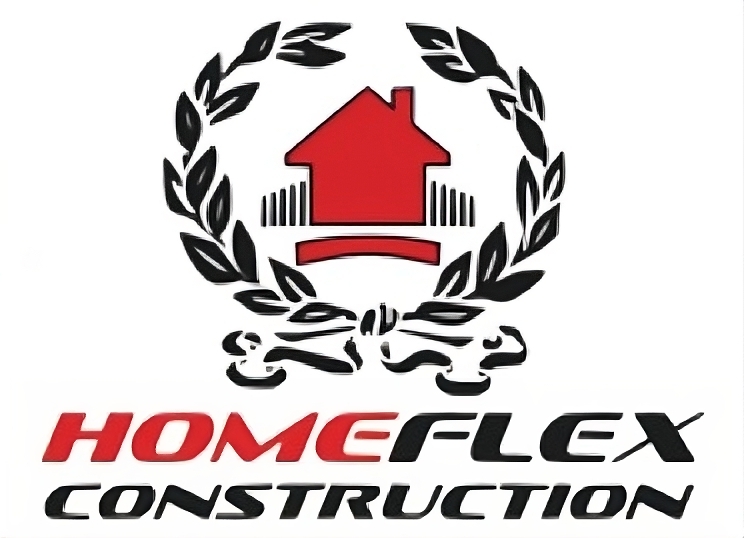In New York City, masonry is everywhere. From historic brownstones to commercial facades, it plays a huge role in the city’s architecture. But like all building materials, masonry can wear down over time. Cracks appear, bricks shift, mortar erodes. When that happens, you’re faced with a decision: Should you repair the masonry or replace it completely?
Masonry Repair vs. Replacement
If you’re unsure about what’s best for your property, this guide will help you understand the pros and cons of both approaches so you can make a smart, cost-effective choice.
When Masonry Repair Makes Sense
Masonry repair is often the first option to consider. It involves fixing the damaged or deteriorating parts of the structure without removing the entire section. In many cases, this is all your building needs.
For NYC property owners, repair is ideal when the damage is minor or localized. If you notice a few cracked bricks, worn-out mortar joints, or minor water infiltration, repairing the area can solve the problem without major construction work. Tuckpointing, repointing, sealing, and replacing a few bricks are all examples of targeted masonry repair.
In older buildings, especially those with historical value, repair also helps preserve the original character of the property. Many NYC brownstones and pre-war buildings rely on their unique brickwork and stone details. A skilled mason can restore those features without changing the structure’s look.
Why You Might Need Full Masonry Replacement
Sometimes, the damage goes beyond what repair can fix. If large sections of the wall are unstable, bulging, or severely cracked, full replacement may be the safer option. Water damage, freeze-thaw cycles, or years of neglect can weaken the structure. In those cases, patching the problem won’t last.
Replacement means removing entire sections or, in some cases, all of the damaged masonry and rebuilding it from the ground up. While this option costs more upfront, it often delivers a longer-term solution. It also allows you to update the materials to modern standards. For example, during replacement, you can improve insulation, use stronger bricks or blocks, and upgrade waterproofing systems behind the wall.
In NYC, full replacement is common in basement walls, exterior facades, or retaining walls that show signs of structural failure.
How to Decide: Repair or Replace?
The best approach depends on three things: the extent of the damage, the age of the structure, and your long-term goals.
If the damage is only surface-level or caused by normal wear and tear, repair is usually enough. It’s faster, less disruptive, and more budget-friendly. For rental properties or homes you plan to sell soon, repair keeps things in good shape without a major investment.
But if you’re seeing recurring issues, wide cracks, moisture problems, or walls pulling away from the structure, it’s time to consider replacement. Safety should always come first. If the integrity of your building is at risk, no amount of patching will be enough.
The NYC Factor: Local Conditions and Codes
New York City’s weather, building codes, and construction standards also play a part in your decision. The freeze-thaw cycles in winter, heavy rains, and summer heat can be hard on masonry. Older buildings that haven’t been updated in decades may not meet current code requirements, especially for insulation or waterproofing.
Before starting any masonry work in NYC, you’ll also need to comply with local permitting and inspection rules. In many cases, especially with larger projects or historic buildings, you’ll need approvals from the Department of Buildings (DOB) or even the Landmarks Preservation Commission.
That’s why it’s smart to work with an experienced NYC masonry contractor. They’ll inspect the damage, provide a professional opinion, and help you plan the right solution while staying compliant with local regulations.
Cost Comparison: Repair vs. Replacement
Masonry repair usually costs less than replacement. You’re only fixing part of the wall or structure, and the work is often completed quickly. However, if you’re dealing with ongoing issues, repeated repairs can add up over time.
Replacement costs more upfront but may reduce long-term expenses by eliminating recurring problems. You also gain peace of mind knowing that your structure meets modern building standards.
If you’re on a tight budget, start with a full inspection. In many cases, a mix of repair and partial replacement gives you the best value.
Conclusion: What’s Best for Your NYC Property?
There’s no one-size-fits-all answer. Some buildings only need minor masonry repairs to stay in great shape. Others may need complete replacement to remain safe and stable.
The key is to act early. Ignoring minor issues often leads to major problems later. If you’re unsure about your next step, schedule a professional inspection. A reliable masonry expert can explain the condition of your building and guide you toward the smartest solution.
Whether it’s a quick repair or a full replacement, staying on top of your masonry protects your investment, keeps your property safe, and helps preserve the character of your NYC building.
